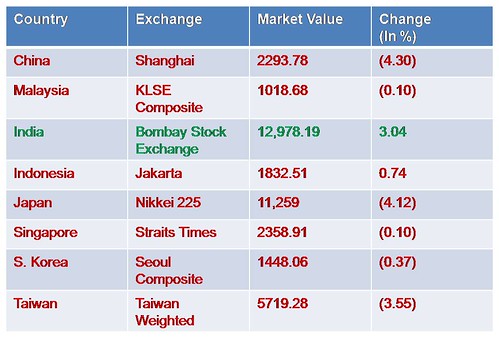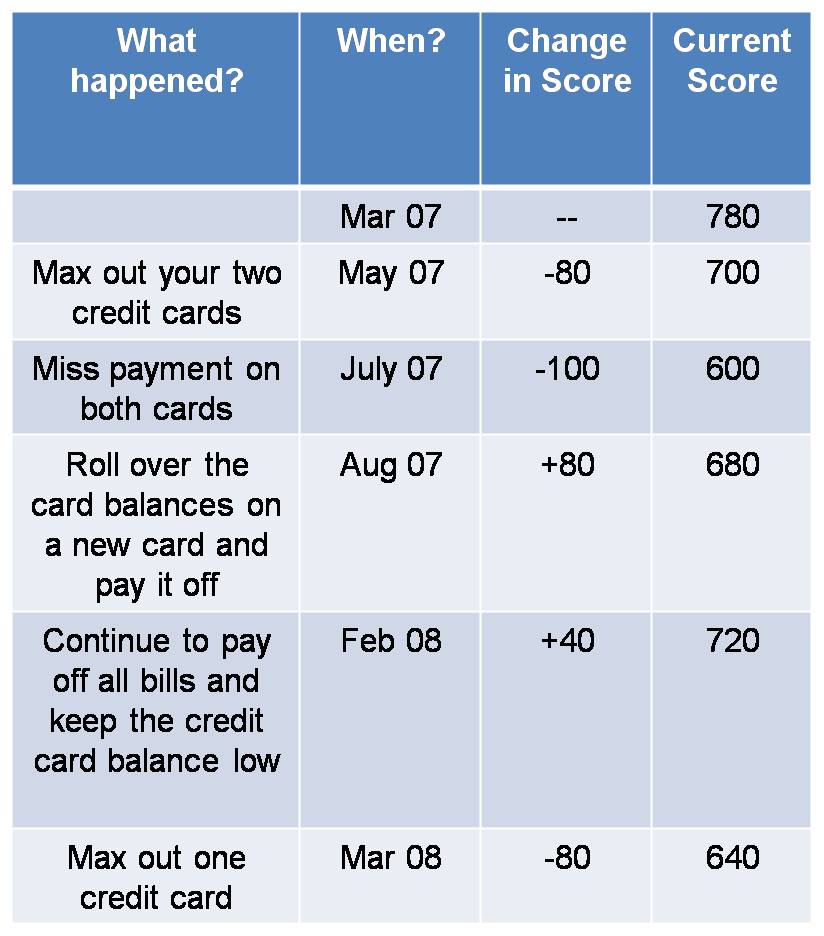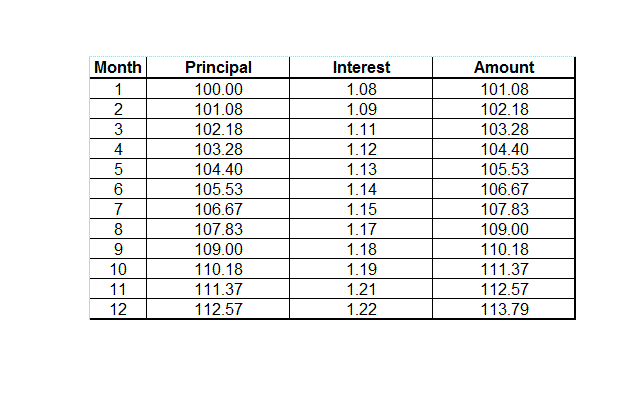There is a huge outcry and angst against the $700 billion bail-out plan by Messrs Paulson and Bernanke. The public is angered that they will have to foot the bill in form of taxes. And the cost of the bailout is almost as much as the Iraq war.
This anger is understandable, but there doesn’t seem to be any other way out of the current financial mess. The bailout is not just for AIG, Goldman, Fannie or Wall Street dark suits, it is, for all of us. This is a time when something needs to be done about the current financial mess and only the US Government has the necessary resources to do it.
First, let’s look at why the government is doing this at all?
Why should you bailout someone at a cost so high?
Treasury bills (T-Bills) are backed by Governments and the United States T-Bills are considered to be the safest investment in the world. Naturally the rate of interest on this is also the lowest because of the low risk, low return, principle.
For a brief period the yield on these went down to 0%, last week. That means that people were ready to invest in them even if they were getting no returns at all. Just, that their money was safe.
It is a dire situation. When was the last time you kept your money under your pillow and not in your savings account because you thought the bank may go under and you may lose all your money?
Right now no major banks or financial institutions are willing to lend to anyone, they just can’t afford more bad debts. Gradually the whole financial system will choke and collapse under its own weight.
If AIG closes, it doesn’t go down alone, it takes with it the vendors, employees and to some extent even the customers who are associated with it. AIG shuts shop, their employees go out of job and stop spending money on stuff like pizza and clothes causing Pizza Hut and Macy’s to go down. It sets in motion, a downward spiral which would have been very hard to stop.
The unemployment rate is about 6% right now, it was around 25% during the last Great Depression. Left to the market forces, it will not be surprising if we saw it rise to 10% by the end of the first or second quarter next year.
Someone had to step in, and that someone in this situation could only have been the Fed backed by the US Government.
So once they step in, what are they going to do?
What will they do with the $700 billion?
A fund will be created and financial institutions will sell their mortgages and other financial instruments to the government. This will give the financial institutions cash and help them do their every day business. Since their everyday business happens to be lending to people and other companies, this means that there will be more funds in the economy for investment and other activity.
The important thing to remember here is that because the government is buying assets from the financial institutions, this is not really a $700 billion bailout. It is quite likely that they will be able to sell these assets in a few years and at that time they will get cash for their sale. Those sales may not turn out to be $700 billion but it will not be 0 either. So in that sense it is not a $700 billion bailout.
It is a $700 billion cash injection in return for “toxic” assets but they are still assets.
Was this the only option they had? Why didn’t they do what Buffet did with Goldman Sachs?
Why doesn’t the Fed do what Warren Buffet did with Goldman Sachs?
Warren Buffet spent $5 billion to buy Goldman Sachs preferred stocks and got a 7% share in the company. That means that Warren Buffet will get an assured 10% rate of interest on his investment and will get an option to buy more stock of Goldman Sachs in the future at a price much lesser than the market price.
So why didn’t the government do the same thing? Buy the stock from the company, instead of their toxic assets?
Goldman Sachs get a $5 billion dollar cheque from Warren Buffet, but perhaps more importantly they get a vote of confidence from him. No man is more influential than him when it comes to giving a thumbs-up to a company’s finances. The original plan of Goldman Sachs was to get more funds after Buffet invested in them because their brand will get a boost and that is exactly what they did and did very succesfully.
On the other hand, if the Government were to invest money in any company using the “bail-out” fund, it will drive away all private investors. Instead of building confidence, that will shatter the confidence of investors in the company.
The other thing that Paulson and Bernanke cautioned Congress was that if the Government bought shares in such companies, then the government will get a say in how the company will be run. Politicians will be able to control many decisions of the company and that will drive how the company works.
This will definitely drive away other investors from investing in the company and even the US Govenment can’t infuse all the necessary funds to each ailing company in the economy.
Ultimately this would have led to a situation where, even after infusing all the capital, it would have gone waste.
There are definitely criticisms of this argument, but on the whole, I think this makes sense.
Will the plan work?
I think it will work. The plan gives a much needed infusion of cash in the market and creates conditions that will negate a deflationary recession. No one can do enough to avoid economic cycles, but a deflationary recession is much worse than an inflationary recession. This plan can steer us away from a deflationary recession and help the economy back on its feet, or at the very minimum stop it from falling on its face.
Manshu Verma



